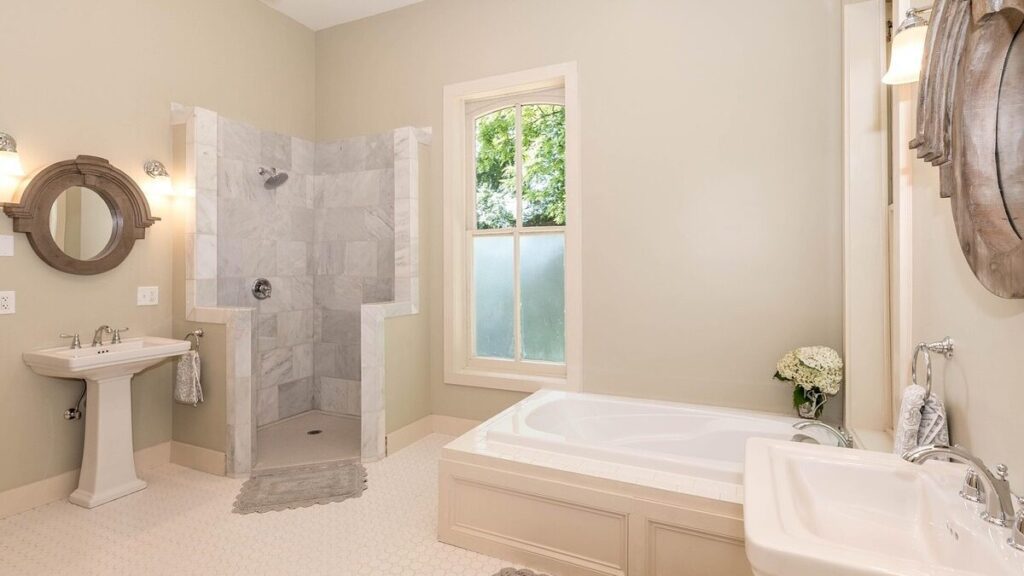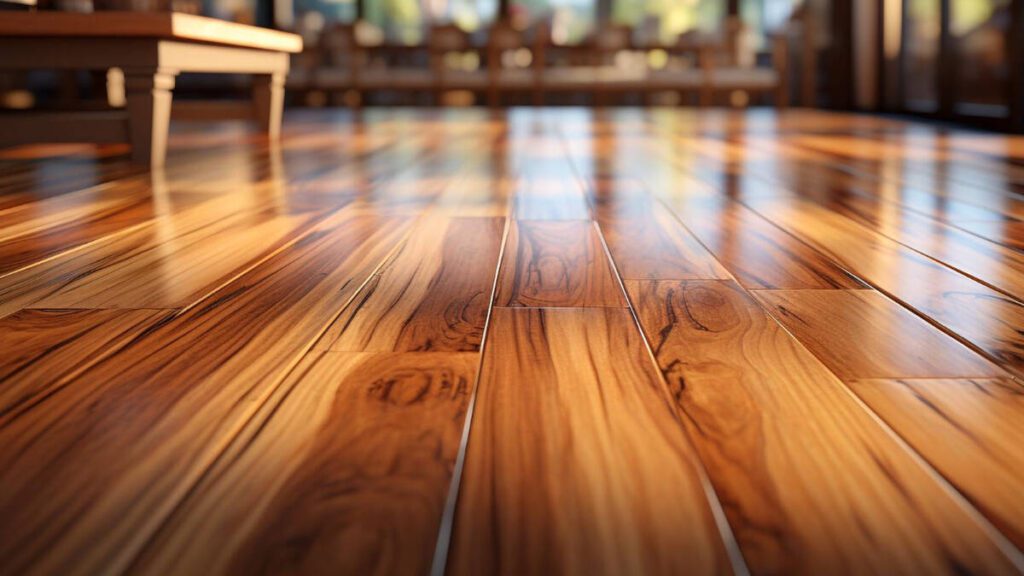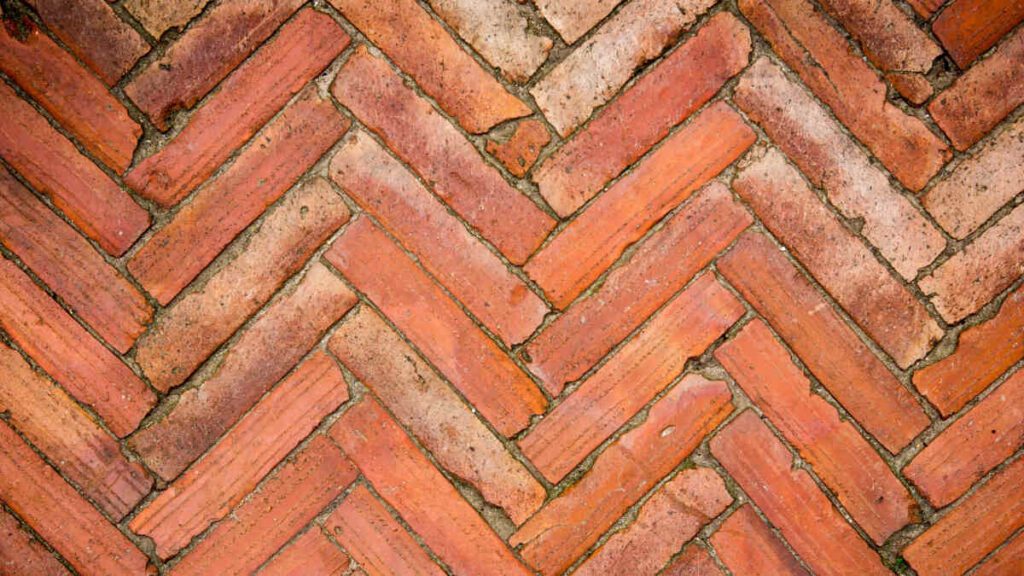Introduction
Choosing between a bathtub or shower might seem straightforward, but it’s a decision that goes beyond appearance. It can affect your daily comfort, water consumption, and even the long-term value of your home. Picture this: you’re designing your dream bathroom, and every detail, from functionality to luxury, plays a role in how you begin or end your day.
- Introduction
- Understanding the Differences Between Bathtubs and Showers
- Benefits of Choosing a Bathtub
- Cons of Installing a Bathtub
- Benefits of Choosing a Shower
- Drawbacks of Showers
- Who Should Choose a Bathtub?
- Who Should Opt for a Shower?
- Combination Units: Best of Both Worlds
- Cost Considerations
- Environmental Impact
- Tips for Making the Right Choice
- Innovative Bathtub and Shower Designs
- What Professionals Recommend
- Conclusion
A bathtub offers a soothing escape for long soaks, perfect after a tiring day. Meanwhile, a shower promises efficiency and convenience for busy mornings. But will you use that tub as much as you envision? Or does a quick rinse fit your lifestyle better? Let’s explore the key factors to help you decide what’s right for your home and needs.
Understanding the Differences Between Bathtubs and Showers
A bathtub and shower serve similar purposes at a glance, but their designs, functions, and user experiences vary significantly. A bathtub is a basin for soaking, often associated with leisurely self-care. In contrast, a shower is a vertical enclosure with a spray head designed for a quick and efficient cleanse.
When choosing between the two, consider both functionality, aesthetics, and practicality. Whether you lean toward the timeless charm of a clawfoot tub or the sleek efficiency of a walk-in shower, the decision should align with your priorities.
Benefits of Choosing a Bathtub
Luxurious Relaxation
Nothing beats sinking into a warm bath after a hectic day. A bathtub transforms your bathroom into a mini spa, allowing you to unwind with candles, bath salts, and soothing music. For people dealing with stress or body aches, soaking in warm water can provide therapeutic benefits, improving both physical and mental well-being.
Ideal for Families
For families with young children, a bathtub is almost essential. Bath time is more than just about hygiene—it’s a bonding activity for parents and toddlers. Washing small pets is another added convenience. This makes bathtubs a versatile option for households with kids and furry friends.
Adds Value to Your Home
From a real estate perspective, having at least one bathtub in the house can be a strong selling point. Potential buyers with families often prioritize homes with a tub, making it an investment that could pay off when you decide to sell your property.
Cons of Installing a Bathtub
Space Requirements
Bathtubs require significant space, which may not be feasible in smaller bathrooms. If you’re already tight on square footage, adding a tub can make your bathroom feel cramped and less functional.
High Water Consumption
A bathtub typically uses 30-50 gallons of water per fill, which adds up quickly if used frequently. This could be a major drawback for environmentally conscious homeowners or those aiming to cut down on water bills.
Accessibility Challenges
For seniors or people with mobility issues, stepping into and out of a bathtub can be risky. Unless equipped with safety features like grab bars or walk-in designs, bathtubs might not be the safest option for everyone.
Benefits of Choosing a Shower
Quick and Convenient
Showers are ideal for those with busy lifestyles who prefer a quick rinse rather than a time-consuming soak. A morning shower can wake you up and energize you for the day ahead, while an evening shower can help you wind down.
Space-Saving Design
In compact bathrooms, showers are the perfect choice. A walk-in shower or a corner unit can maximize usable space, giving your bathroom a more open and modern feel.
Water Efficiency
A 5-minute shower uses about 10-25 gallons of water, making it a more eco-friendly option than a bathtub. Installing a low-flow showerhead can reduce water usage, helping you save on utility bills and conserve resources.
Drawbacks of Showers
Limited Relaxation
While showers are practical, they don’t provide the same level of relaxation as soaking in a bathtub. This might feel like a compromise for people who value leisurely bath times.
Potential for Accessibility Concerns
Though walk-in showers are generally considered accessible, designs with high thresholds or slippery surfaces can pose challenges. Without proper safety features, they may not be suitable for everyone.
Who Should Choose a Bathtub?
A bathtub is a fantastic addition for families with young children, providing a safe and comfortable space for bath time. Pet owners also benefit from bathtubs, as they offer an easy way to bathe pets at home. Beyond practicality, bathtubs create a sense of relaxation and luxury, making them ideal for those who enjoy unwinding after a long day.
A bathtub can elevate your bathroom’s ambiance if your home has ample bathroom space and wants to enhance functionality and aesthetic appeal. Additionally, installing a high-quality bathtub can increase the value of your home, making it an appealing feature for potential buyers.
Who Should Opt for a Shower?
A shower is the perfect solution for those with fast-paced lifestyles or limited bathroom space. It offers practicality and efficiency, allowing individuals to quickly and effectively meet their daily hygiene needs. Showers are particularly beneficial in smaller bathrooms, where space optimization is essential.
They’re also an excellent choice for elderly individuals when thoughtfully designed with accessibility features such as grab bars, anti-slip flooring, and walk-in options. These modifications help ensure safety and ease of use, making showers reliable and user-friendly for people of all ages. A well-designed shower provides comfort and efficiency without compromising functionality, whether for convenience or special needs.
Combination Units: Best of Both Worlds
A combination unit could be the ideal compromise if you’re torn between a bathtub and a shower. These versatile setups allow you to enjoy the practicality of a shower for daily use while offering the luxury of a bathtub when you need to relax or take a longer soak. Combination units are particularly great for families, as they accommodate quick showers for busy mornings and bath time for children.
They also work well in homes with limited space, maximizing functionality without sacrificing comfort. Perfect for homeowners who are indecisive or looking for flexibility, combo units provide the best of both worlds, making them a smart investment for a wide range of lifestyles.
Cost Considerations
Installation Expenses
Bathtubs are often more expensive to install, requiring additional plumbing and space. Showers, especially prefabricated units, are generally more affordable.
Maintenance Costs
Cleaning and maintaining a bathtub can be more time-consuming than maintaining a shower. Showers with glass doors or tiles might require regular scrubbing to prevent soap scum and mildew.
Environmental Impact
Water Consumption Comparison
If sustainability is a concern, a shower is often the better choice. Limiting shower time can significantly reduce your water usage compared to regularly filling a bathtub.
Energy Efficiency Tips
For both options, investing in energy-efficient fixtures can reduce your environmental footprint. Consider low-flow faucets and energy-saving water heaters to minimize waste.
Tips for Making the Right Choice
- Assess Your Needs: Consider your lifestyle, household members, and how you use your bathroom daily.
- Consider Resale Value: If you plan to sell your home, having at least one bathtub could attract more buyers.
- Balance Space and Style: Match your bathroom layout with the right feature to avoid overcrowding.
Innovative Bathtub and Shower Designs
Modern bathroom designs combine functionality with luxury, offering features that transform everyday routines into indulgent experiences. Rainfall showerheads mimic the soothing sensation of natural rain, providing a spa-like feel. Meanwhile, freestanding tubs are functional fixtures and stunning focal points, available in various shapes and finishes to suit any style.
Advanced digital controls allow you to precisely customize water temperature and pressure, ensuring your comfort every time. For the tech-savvy, smart technology elevates the experience further with features like voice activation, pre-set preferences, and even mood lighting. Whether you prefer the efficiency of a shower or the relaxation of a bathtub, these innovations redefine how you unwind, turning your bathroom into a personalized sanctuary.
What Professionals Recommend
Consulting a professional bathroom designer or contractor can make a significant difference when deciding between a bathtub or shower. These experts analyze your bathroom’s layout, ensuring your choice fits seamlessly with the available space while maximizing functionality. They also consider your budget, helping you find the perfect option without overspending. Beyond immediate needs, designers factor in long-term plans, such as resale value or accessibility requirements, ensuring your decision supports future goals.
For instance, if you’re remodeling with aging in place in mind, they may suggest walk-in showers with safety features. Professionals can also recommend high-quality materials and innovative designs tailored to your preferences, ensuring your bathroom is practical and aesthetically pleasing for years.
Conclusion
Choosing between a bathtub and a shower is a matter of balancing personal preference with practicality. Bathtubs are ideal for those who enjoy a relaxing soak, offering a spa-like experience for unwinding after a long day. However, showers are favored by many for their time-saving convenience, especially in busy households.
When deciding, think about your daily routine, available space, and how each option fits your lifestyle. A bathtub might be perfect for creating a luxurious atmosphere, but a shower could be more suitable for those looking for quick, efficient use of bathroom space. Ultimately, the choice should enhance your bathroom’s functionality and comfort in the long term.


